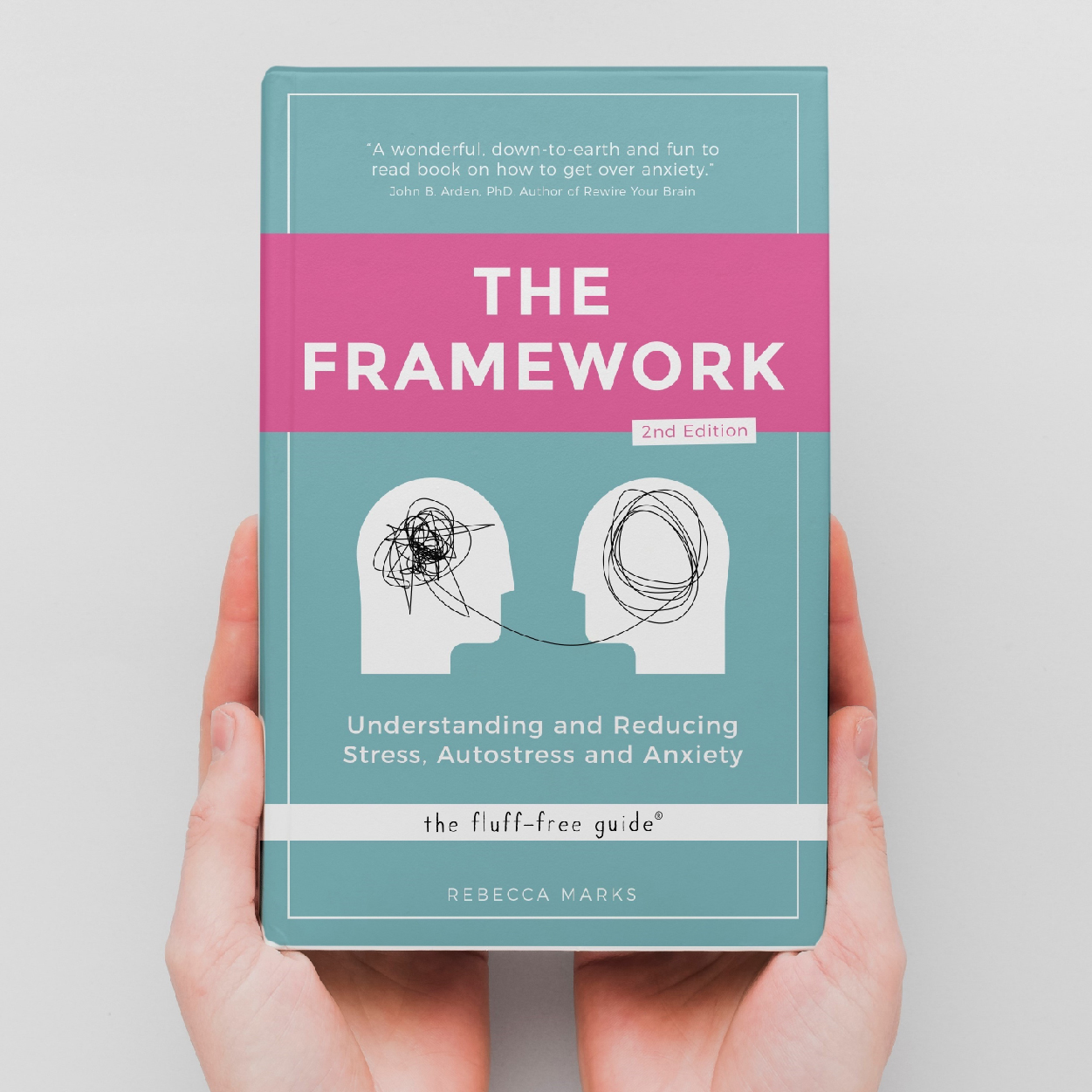Lack of energy, motivation and boredom can happen to each of us, whether it lasts a day, a week, or a more extended period. We’re only human and our resources and energy are limited and heavily influenced by what’s happening in our lives.
The important thing is to focus on managing the factors that contribute to your lack of energy and on finding strategies that work for you to recharge your batteries.
In this article, I explain six strategies that can help you feel more energetic.
1. Find a Potential Cause
It's not always easy to pinpoint the cause of your lack of energy, but it's worth the effort to try.
Focus on these two areas to help you in your search:
Potential Changes
Consider if any life changes could be affecting your energy levels.
Ask yourself:
- Did you go through some type of challenging life event?
- Was your health affected in any way?
- Did something happen in your close relationships?
- Did your workload increase or did you have to deal with company changes?
Energy Investment
Think about the important areas in your life (e.g. work, relationships, health, spirituality, leisure time) and assess how balanced they are.
How much time, effort and resources do you put into each of them? Analyze what kind of activities you do and how much energy they take.
If you can't answer these questions right now, don't pressure yourself. Instead, give yourself some time to observe these potential factors and find out what might be influencing you.
2. Monitor Your Thoughts and Emotions
Our thoughts and emotions can consume a lot of energy throughout the day.
Start noticing your thinking and feeling patterns and the impact they have on your energy levels.
Some questions to consider:
- Are your thoughts bringing you down?
- Do you tend to dwell on what happened in the past?
- Are you caught in the worry trap about something that might happen in future?
- Are your thoughts leading to energy-intensive emotions like anxiety, guilt, shame and anger?
Some of the coping strategies that you’re using may not be as helpful as you think.
Overthinking, excessive worrying, and fighting against your thoughts and emotions tend to work against you, leaving you feeling tired or even exhausted.
This book used to be on Amazon. Now it's free!
3. Activate Your Body
Another way to feel more energetic is to focus on your body and its needs.
Moving your body will increase energy-boosting hormones like endorphins and dopamine. These hormones are associated with happiness and relaxation, lowered levels of stress and anxiety, and less physical pain.
It's important to find some form of exercise that works for you. Commit to something that seems realistic to implement, starting slow and building up. Finding a friend that can exercise with you and be your accountability partner may help you stick to a new exercise habit.
Scheduling your exercise time can also help you stick to it. Try to anticipate the positive benefits of exercising and observing them as they happen.
4. Take Care of Your Sleep and Diet
The quality of your sleep and food can significantly influence your energy level.
Ask yourself: Do you sleep enough? Did your sleep patterns change lately? Do you have trouble falling asleep? Do you get up during the night? Do you feel rested when you wake up?
Make an effort to introduce healthy sleep habits that allow you to get enough quality sleep so you can feel rested in the morning and be more energetic.
Ask yourself: Do you have a balanced diet that can support your body and brain in all the activities that you want to do? Are there any improvements you can make in your nutrition to have more energy?
Plan your meals and make sure you have a balanced diet that offers you enough energy during the day.
5. Plan Pleasant Activities
Experiencing positive emotions can boost your energy throughout the day.
In order to feel positive emotions, you need to consciously introduce positive activities into your daily routine.
Think about what brings you pleasure, satisfaction, joy, excitement, relaxation, and what your self-care routine is.
Reflect on the past and consider which activities tend to energize you. Perhaps you have a hobby that you’ve been neglecting lately, which you can start investing more time in. Or maybe there’s something that you’ve wanted to try but have never got around to.
Assess your existing life commitments and see if there’s anything you can let go of to save energy.
6. Check-In With Yourself
Now and then during the day, make a conscious effort to check-in with yourself to see how you’re doing.
Ask yourself: How am I feeling right now?
Are my thoughts and feelings affecting my energy levels? What coping skills am I using to manage my mind and emotions?
If you notice that you're lacking energy, try activating your body, doing a pleasant activity, or having a nutritional snack.
Making a habit to check-in with yourself will help you feel more connected to yourself, your emotions and your needs.
Practicing these six strategies in your daily life will help you improve your energy levels and wellbeing. Be sure to apply these habits mindfully and to look at the progress you make every day.

About Roxana
Roxana Petrus is a psychologist and an emotional health specialist with a background in cognitive-behavioral psychotherapy. She currently supports amazing women in finding their emotional balance and improving their communication skills. She is located in Basel, Switzerland and works mostly online, offering individual sessions, different programs and workshops.Website
Email: coaching@roxana-cristina.com


